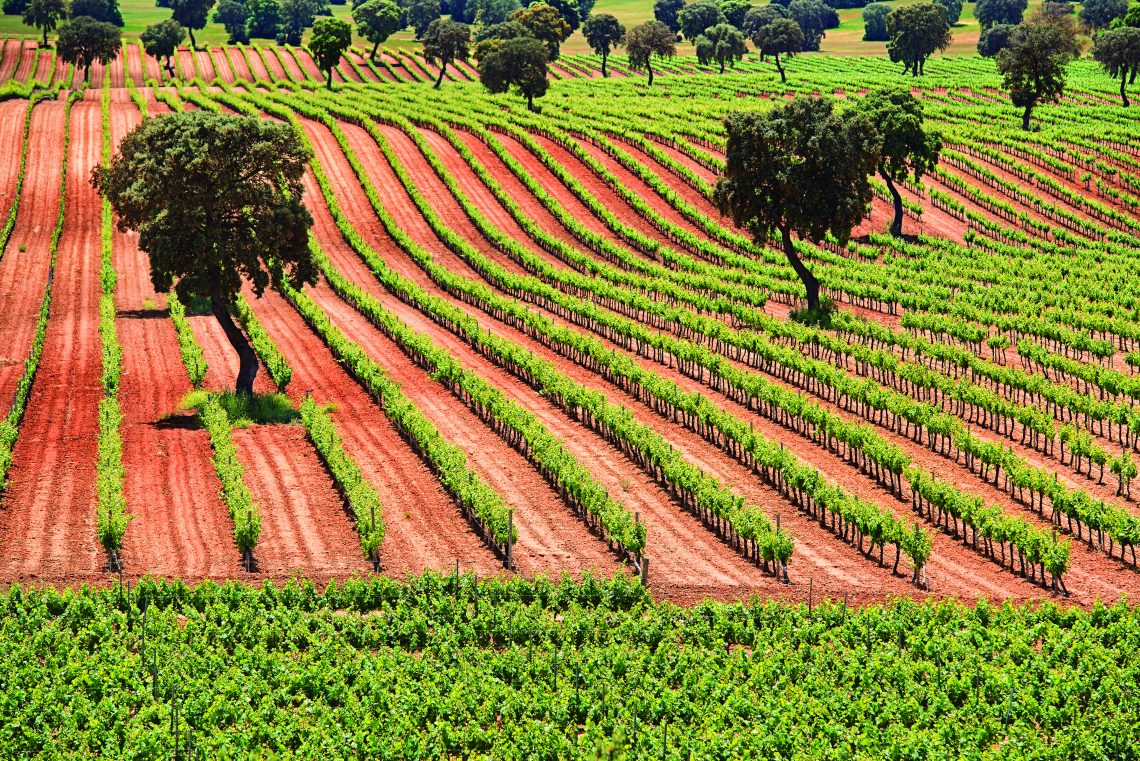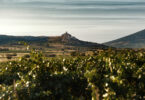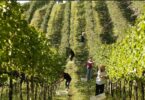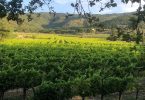The Uclés Designation of Origin is one of the youngest designations of origin in Spain, located in Castile-La Mancha, a generous region with a high and ancient wine vocation.
The history of Uclés wine dates back to Roman times and subsequently refers to the monks of the Uclés Monastery who cultivated their own vineyard, produced and marketed wine.
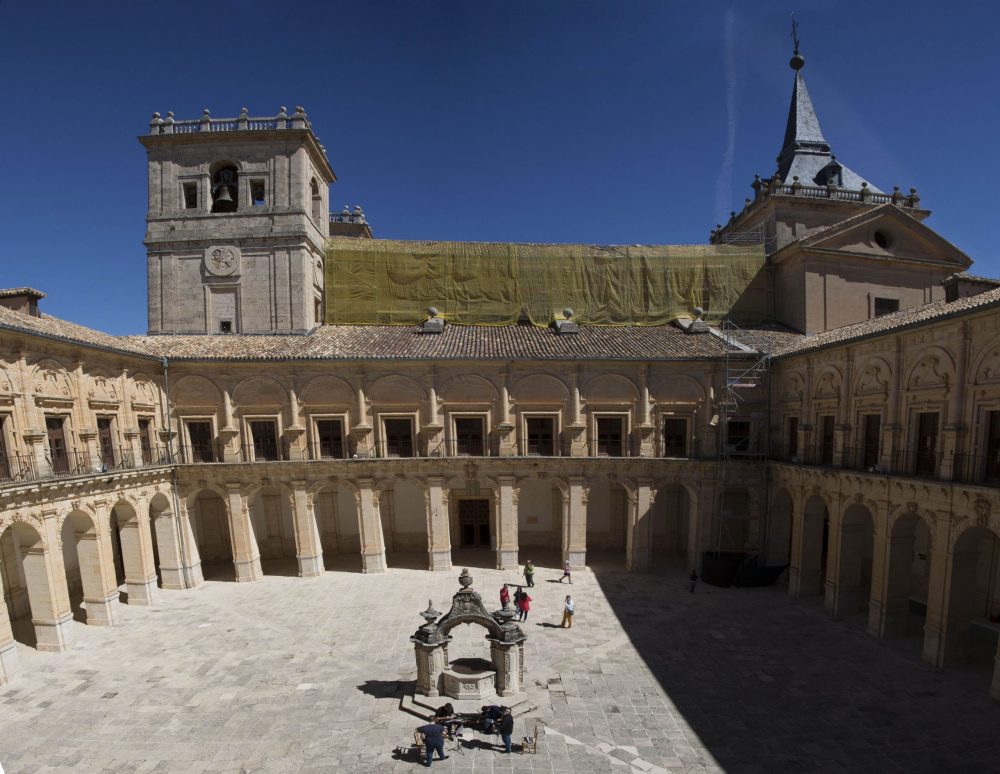
©D.O. Uclés- Monasterio
The project to safeguard and disseminate this heritage with its own Designation of Origin took shape in 2002 with the birth of the D.O. Uclés.
The wines of the D.O. Uclés have special qualities for winemaking, including ideal climatic conditions. The Uclés Designation of Origin refers to red, rosé, white and sparkling wines with an exceptional sensory profile.
The function of the D.O. is to protect the cultivation process, control the origin of the raw material, monitoring the production and bottling process to ensure compliance and control of the denomination wines as explained by Lola Nuñez Pinto, President D.O. Uclés.
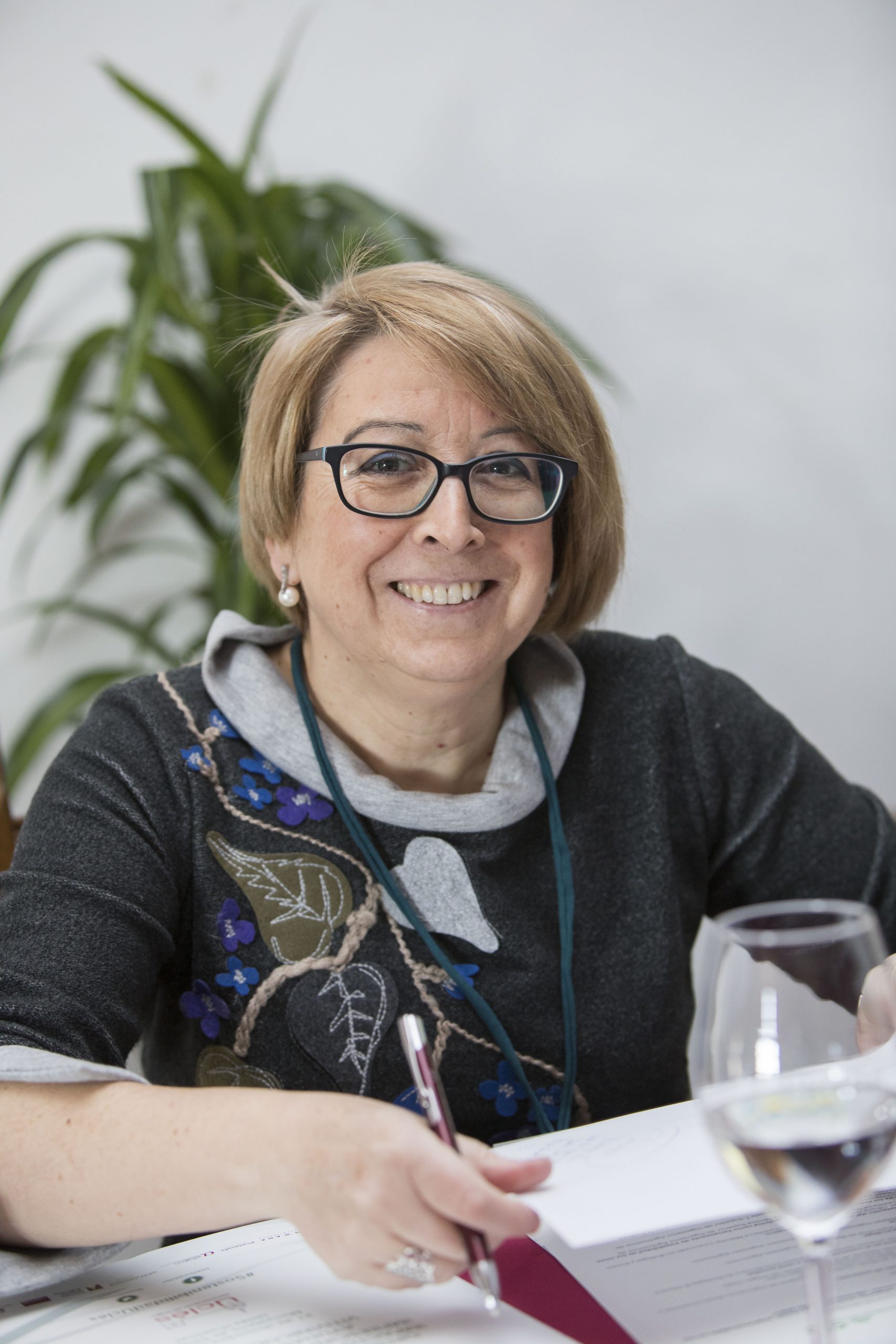
©D.O. Uclés-Lola Nuñez Pinto
Since the birth of DO Uclés, which goals have been achieved and which ones still to be achieved?
We are a small Designation of Origin very young (we started our journey in 2006) and from our origins we have been committed to Sustainability, thus having an excellent reception in the foreign market.
We are pioneers in carbon footprint issues and three of our wineries have belonged, since their birth, to Wineries for Climate Protection, the oldest certification and the only specific one in the wine sector in terms of Environmental Sustainability. The result was an average reduction of the Carbon Footprint of 14%, an average reduction of water consumption of 15% and of 100% of the recovered waste.
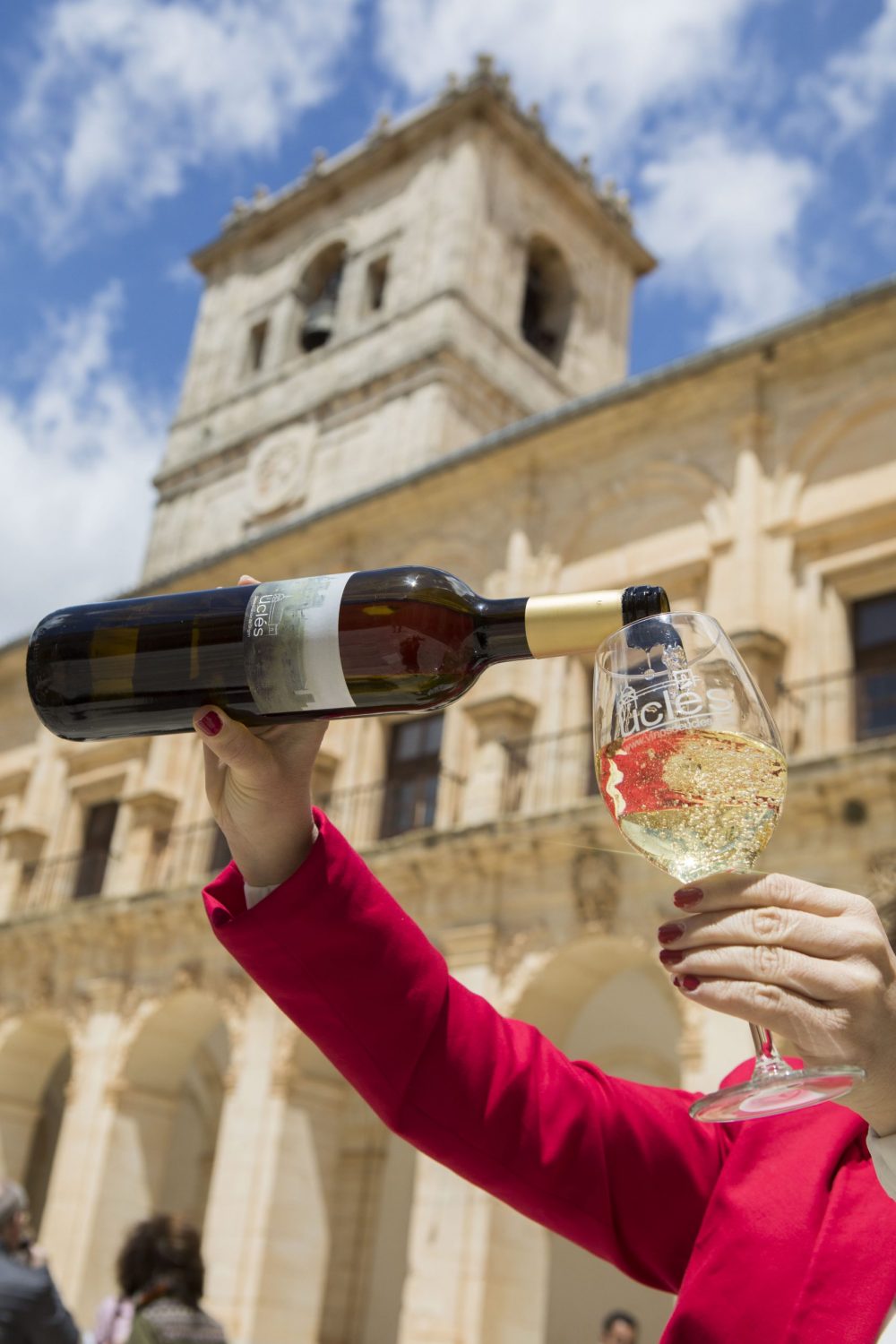
©D.O. Uclés
Today, we continue to work hard to achieve the Sustainable Development Goals and be ever more sustainable, with a Sustainability Strategy.
Perhaps, our most important challenge, right now, corresponds to communicating that social part of Sustainability which, at times, remains in the shadows. The vineyard is fundamental for the establishment of the rural population, for its economy, it is a great generator of wealth. For this reason, it was very important to combine the wineries that make up our D.O., companies that are very different from each other but with a common front: being Sustainable.
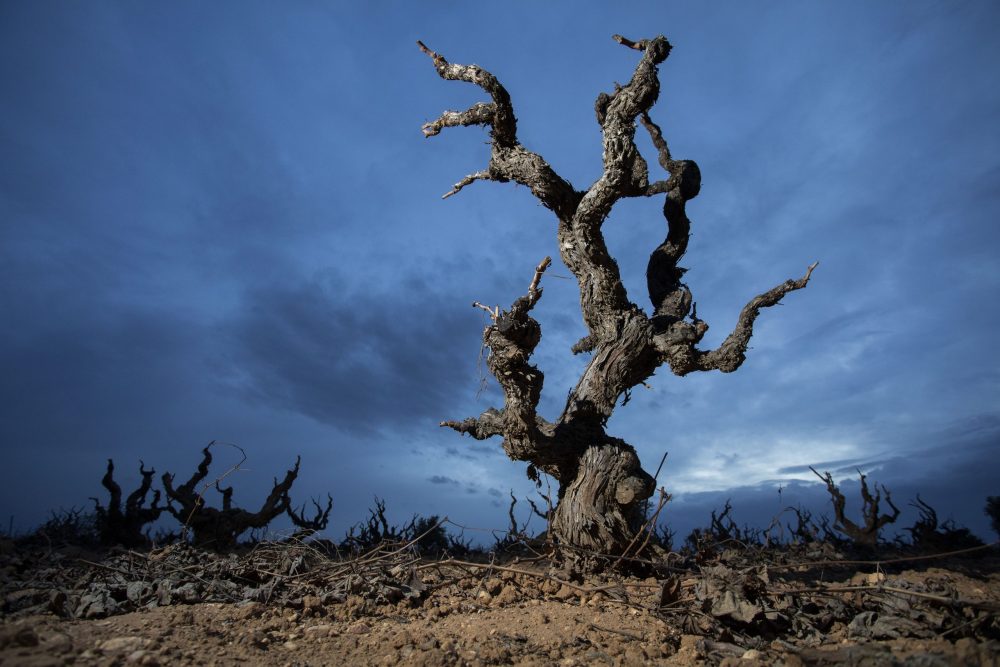
©D.O. Uclés
What are the peculiarities of the territory and its wines?
The climatic and pedological conditions of our Designation of Origin make our wines very different from the image of Castilla-La Mancha wines.
What makes our territory unique are our soils, with a high content of gypsum (calcium sulphate). This gives them a marked terroir character, and the main difference from the rest of the wines of Castilla-La Mancha. They also have a high strontium content, unlike soils in other nearby areas. We continue to investigate to know our soils in order to be able to “map” them and thus carry out a good zoning.
We are very small “interventionists”, which is why our wines speak loud and clear from the terroir. Most of our vineyards, in addition to being organic, are sustainable. It is a question of taking a step forward, since it is possible to be ecological and to abuse irrigation water, by wasting it, for example.
Having said that, our reds are the ones that perhaps make the difference compared to other nearby denominations, since they have a marked minerality that others do not have.
Through which services/activities do you promote DO Uclés wine?
We promote our designation of origin through the media: on the radio, with a weekly program for the territory, in the regional press and in the specialized press and we are concerned, above all, with keeping social networks alive and very informative.
We also carry out guided tastings in training centers for groups. We are very active and during the pandemic, for example, given the impossibility of carrying out tastings in person, we organize tastings online, with great success.
We like to carry out activities in the area, combining heritage and wine, as it seems essential to us, as we have said, to give a voice to rural Spain. For this reason, for the seventh edition, we have organized an annual Technical Conference on Sustainability, which already enjoys great prestige and in which we invite key figures of Sustainability to Uclés to share the keys to being sustainable with farmers, winegrowers, winemakers, sommeliers.
At the same time, we also participate as guests in other conferences, round tables, we present our wines at local, national and international fairs. Finally, it should be noted that we participate in research projects with various universities.
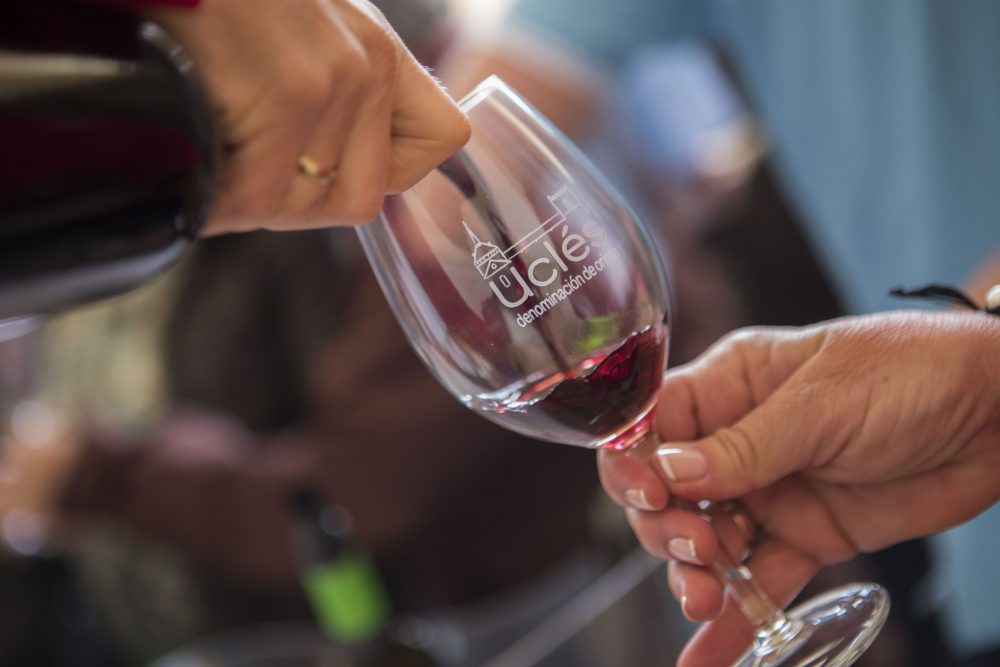
©D.O. Uclés
Can you briefly describe the areas of cultural and wine tourism interest in DO Uclés?
The Santiago Monastery in the city of Uclés (Cuenca) is the main attraction. Called the Escorial de la Mancha, due to its large size, it was the head of the Order of Santiago. Our archaeological heritage is also very interesting. Very close, in Saelices (Cuenca) is the Segóbriga Archaeological Park, which includes the ruins of the Roman city of Segóbriga. We can visit a Lapis Specularis mine in Huete.
Lapis Specularis, known as Hispania crystal or mirror, is actually a type of gypsum rock that was highly appreciated in ancient Rome, since in the first two centuries of our era it was used as window glass.
To all this, we must add our rich religious heritage in the various countries that make up the D.O. There is a rich natural heritage, with several bird interpretation centers, as we have a great wealth: cranes, stilts, lapwings…
Our Uclés Wine Route is just born, in which we combine all these heritages around wine.
What are the goals set in the near future to spread its excellence more and more both nationally and internationally?
Continue with Sustainability, respecting the environment, making rural areas visible and continuing to grow in quality and sales.
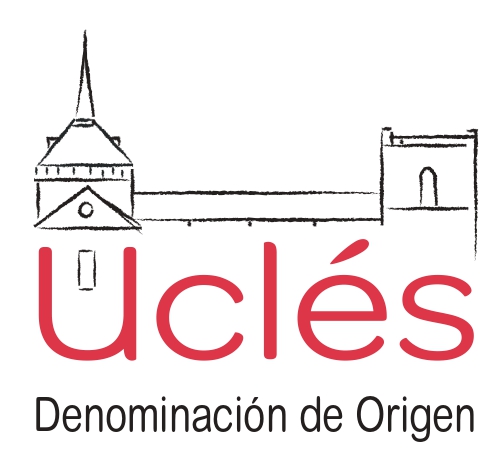
©D.O. Uclés
Why are DO Uclés wines so special?
Because they are honest wines, faithful to their land, which reflect the simplicity of authenticity.
Fresh wines, which maintain a good acidity, thanks to the climatic differences that are well suited to the vineyard but, at the same time, structured, well-armed. For this reason, we are fortunate to have winemakers with a long tradition, very involved, and who carry out the work of the vineyard with great care, because it is there that we have our greatest “good”.


